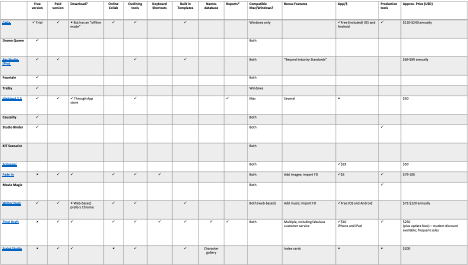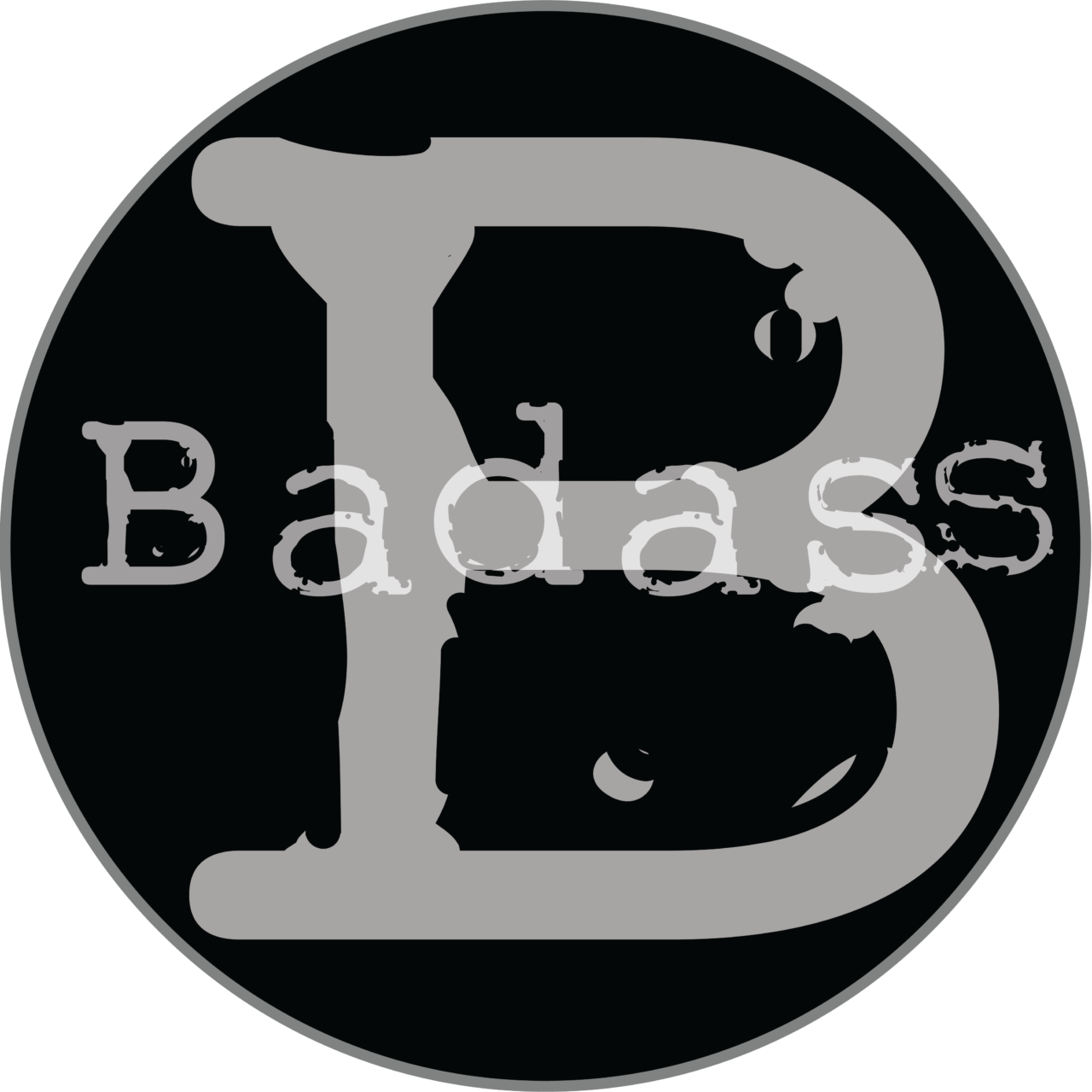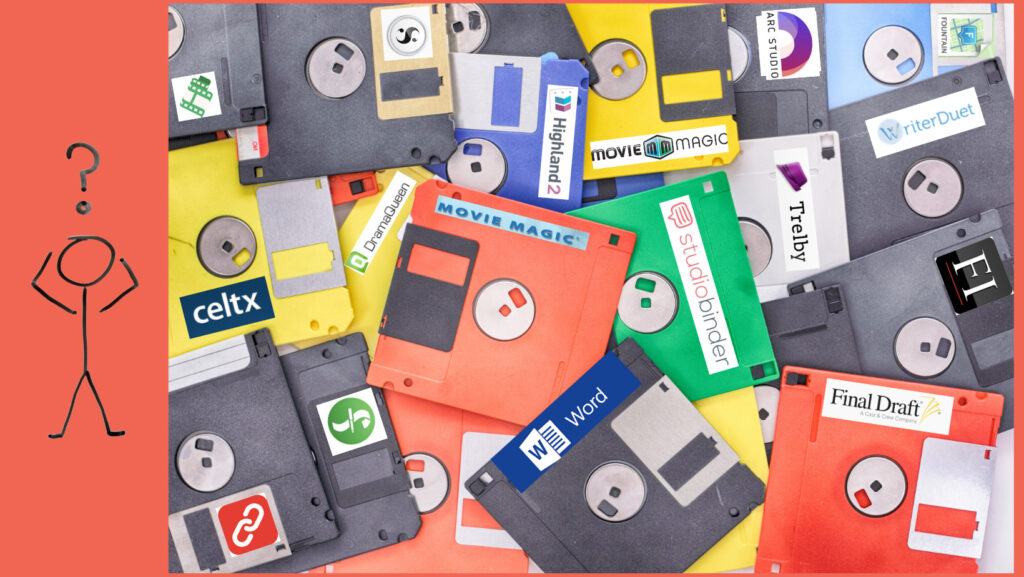We get it. Everyone likes freeware. And there are some terrific options out there for screenwriting software. Especially if you still consider screenwriting a hobby and don’t expect to ever sell or option your specs.
But before you join a bunch of screenwriting groups and immediately ask, “What’s the best screenwriting software?” you should know that’s a joke topic in all the screenwriting forums.
If you post that question in Reddit’s voluminous and well-organized subreddit r/screenwriting, you’ll earn an instant rebuke. Or even immediate ouster. The question falls squarely into the category Reddit calls “Low Effort Posts.”
In one of the Facebook screenwriting groups, every time a newbie asks that question, one of the veterans hops on to say: “Gotta write five more pages.” The software question is a joke prompt for him. And it comes up so frequently he’s written half a dozen scripts in the past year.
It doesn’t matter that these groups tell members to ‘Read this first.’ People still post this easily researched question as their intro. Which is not a great way to introduce yourself to an industry that operates on networking.
There are no stupid questions, right?
It’s not that asking about software is a dumb question. Of course new screenwriters need to know the answer. And they’d rather hear it from real people than from a website they’re not yet familiar with and don’t know whether to trust. But there’s a right way to ask.
But before I tell you how, I have a confession to make. I’ve been avoiding writing this article because, for me anyway, it’s such an easy answer. So much so that I don’t quite get the debate. Final Draft is the industry standard.
As investments go, Final Draft is not that expensive at USD $250, or $200 if you watch for sales. And less than $100 for upgrades every few years, plus discounts for teachers and students.
And it offers fabulous customer service/support. With real human beings you can actually call. Yet for some reason, there are people who love to complain about the price. But to put it into perspective, it’s less money than you spend in your local coffee shop in six months even if you spend only $5 every four days. That goes for all the paid screenwriting software.
For the record, as of this posting anyway, we are not in partnership with FD or any other screenwriting software company. These comments are based strictly on personal experience and biases.
Everyone wants the best possible gear
If you were a photographer, you’d want the best SLR camera and most versatile lenses. Right? You wouldn’t be content with a point-and-shoot or, heaven forbid, a disposable one-time use throwaway version.
If you were an artist, you’d want your supplies to be the best for your medium. And you’d want easels and a well-lit studio to boot. If you’re a runner, you don’t dare scrimp on shoes. If you’re a biker or a skier, you’ve got all the top gear. Right?
Yet some screenwriters are determined to prove they don’t need the best available software for an activity they presumably spend a great deal of time on. The heel-digging leaves me scratching my head.
Yup, there are folks who jump up and down screaming that Word works just fine. They even post pages daring anyone who cares to notice the difference when the files are converted to PDF. And yes, it’s true. You absolutely can use a Word template to write your scripts. But do you really want to?
It doesn’t matter – until it does
Frankly, no one cares what program a writer uses. I certainly don’t. (Yes, I can tell. Really. But only if I’m looking.) As long as it’s properly formatted and brilliantly written when it lands in my inbox, who gives a hoot what road it took to get it there?
The software can’t help with the writing. And can only help with formatting to a certain extent. Garbage in, garbage out, right?
So, the naysayers are right. It doesn’t matter a whit which screenwriting program you use, as long as you use it properly. Your screenplay will be first circulated in PDF format. So, provided it looks like a script, no one will ever care how it got there. But for your own peace of mind and ease of writing, you’re eventually going to want to commit to a properly designed software program.
I first bought Final Draft when I started screenwriting in 2011. I think it was Version 7. And I’m pretty sure I bought it not knowing anything else existed. I also own Writer Duet outright. Bought it in maybe 2015 or 2016, when they offered a permanent, lifetime option for a most reasonable price.
But aside from using WD to collaborate online with my students, I haven’t been wooed yet from Final Draft. I do like that my students can use the free version of WD for up to three scripts. And the web-based sharing feature is a fine tool for teaching.
But for writing my own stories, I’m all-in on Final Draft.
Apples and pears
To me, comparing Final Draft and Writer Duet is like comparing Microsoft Word and Mac Pages. They both do similar things. But the former is a super powerful program with multiple features that most users don’t fully grasp; while the latter is a copycat. Like a photostat, if you remember those. It’s more of an approximation of the original. Again, that’s just my opinion and plenty of screenwriters love Writer Duet. Or Celtx. Or Highland 2. Or Drama Queen.
And our choices aren’t always about ‘free’ versus ‘paid’ versions or ‘value for money.’ We all make brand purchasing or usage choices –whether it’s our smart phone, our browser, or our coffee or socks– based on a set of decision-making points that may not have anything to do with price, or even performance. We might simply like the name Drama Queen, for example. Or dislike that the Writer Duet logo looks a lot like WordPress.
I started making a chart to see if we could weigh up the screenwriting software programs, side by side. But honestly, many features don’t compare directly. This is far from a complete and comprehensive effort. Also, because I’ve not used the others, no doubt my biases are showing.

That’s as far as I got with the chart. You’ll have to do the deep dive digging if you really want to know about those others. I can’t write about software I’ve never used. That would be disingenuous. I’ll probably poke away and test the rest eventually. But for the moment, you can take a look at what others say. Or if you’ve got an opinion to share from your own first-hand experience, please hop onto the comments and tell us about it. Your practical knowledge in this department is deeply appreciated.
New programs and apps every year
I actually found a new program while digging around to write this piece. Well, new to me, although it’s been around for well over a decade. It’s called Script Studio (formerly Movie Outline) and rivals FD in price at $200. It was developed by a British screenwriter and sure promises a lot of bells and whistles. Even includes a glossary for screenwriters, which I found intriguing as that follows my own interest (link to our glossary, not theirs).
In fact, that’s a perfect way to segue into suggesting one way you can ask about screenwriting software without risking the wrath or ridicule of a group. Instead of “What’s the best screenwriting software?” you can phrase your query something like: “I stumbled upon a screenwriting software I’d not heard of, but looks super interesting. Anyone used Script Studio? How does it compare to Final Draft?”
Lately, I must admit to being more than marginally intrigued by Arc Studio Pro. To the point that I’m seriously thinking about trying it out. Not only because some of my favorite companies, like Screencraft and Austin Film Festival, have been singing Arc’s praises recently. And it does bill itself as a cut above merely meeting ‘industry standards.’ Might be worth it just to see what the hype’s about. Please tell me if you’ve tried it and love it (or don’t).
What others say about screenwriting software
Here’s a more complete comparison chart than mine…albeit of fewer programs, and obviously favoring Fade In. But it points to some interesting details. Of course, the most objective articles will be companies that don’t sell their own software or take commissions from those they promote.
And here’s what our esteemed colleagues at ScriptReaderPro say currently about the best free screenwriting software. Worth poking around there for a minute to find other relevant material on apps and paid software.
Note again that it’s not always apples and apples comps. For example, Highland offers a ‘word analysis.’ Writer Duet specializes in the online/collaboration space. While Final Draft offers a wide range of interesting reports including characters, not limited to the likes of how often they speak compared to others and how many pages they appear on. Some programs, like Studio Binder and Movie Magic focus in the production side of screenwriting. And a few programs, including Final Draft, allow you to assign voices to hear your script ‘performed’ so you can catch dialogue problems.
Bottom line, at least from what I’ve seen and learned over the years, Final Draft in the world of screenwriting software is like Microsoft Excel compared to all the other spreadsheet programs, but with way better customer service.
If you know the program well, it’s extremely powerful. But the vast majority of users don’t realize they’re already driving a Lamborghini, so they tend to treat it like a Prius.
Sooner or later, you’re probably going to buy it
If you’re even moderately serious about screenwriting, you should definitely budget for a decent screenwriting software early in your writing journey. If you can, you might as well buy Final Draft now. Likely all it would take is a slight reduction of your regular coffee shop visits.
Or you can wait until you get a call from the producer who optioned it asking for the FD version. It might be better to bite the bullet now, so you can get started memorizing all the cool FD functions and shortcuts. And so you can deliver immediately to that producer without spinning out in a panic while trying to figure out how to convert some other software smoothly.
All that said, we humans are stubborn creatures. A varied set of circumstances will lead each one of us to choose a software program from the many available options. We might hate it at first. But we will eventually likely defend it vociferously. Even if we haven’t tried anything else.
Every time the topic comes up in a screenwriting forum, writers pile on to loudly proclaim their undying favorite. And usually to diss FD, if that’s not the one they use. The usual complaint has nothing to do with the software, but the price. Which, in the final analysis, is actually quite comparable to the other paid options that are available for monthly fees.
For those interested in trying the free versions, there are choices that will work for a while. Eventually though, just like a pro photographer, once you decide you’re a committed screenwriter, you’re going to have to buy the Nikon/Canon version one day.


